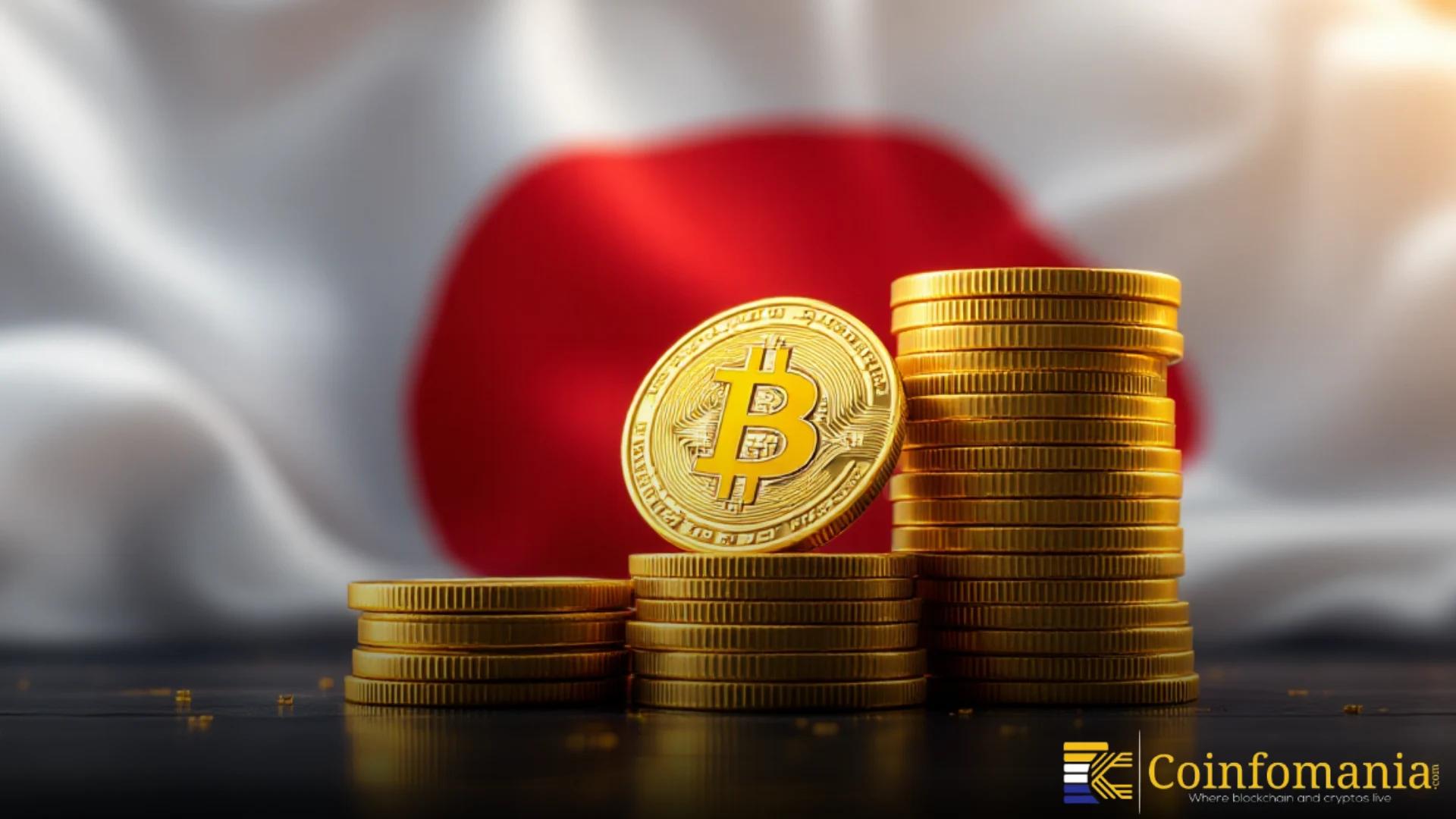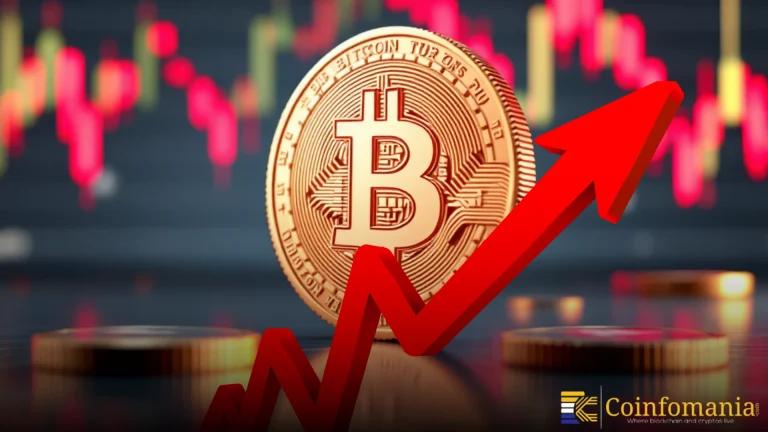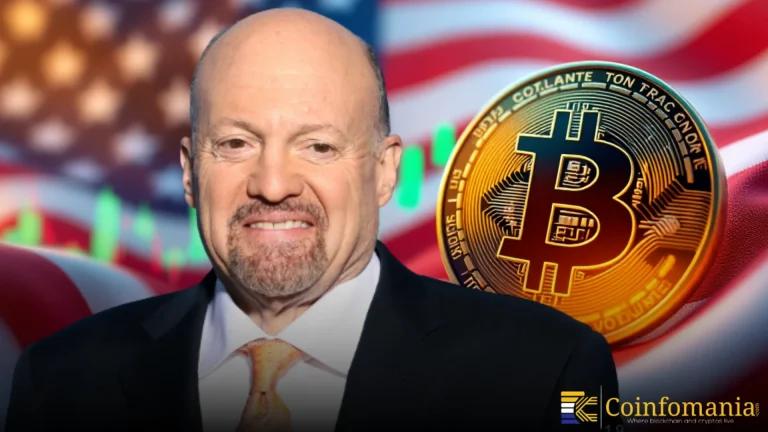Japan Crypto Regulation Tightens Rules to Protect Investors
Japan crypto regulation now requires exchanges to keep emergency reserves, protecting user funds and boosting trust in the market.

Quick Take
Summary is AI generated, newsroom reviewed.
Japan’s FSA mandates crypto exchanges to keep emergency reserves.
The rule protects users if an exchange is hacked or fails.
Both cash and insurance can be used to build the fund.
The move aims to strengthen trust in Japan’s crypto market.
Japan is taking a major step to make cryptocurrency safer for its investors. The country’s financial watchdog, the Financial Services Agency (FSA), announced that crypto exchanges must now set up emergency reserves. These funds are meant to protect the users if an exchange faces a hack, goes bankrupt or encounters any unexpected losses.
Why Japan Is Acting
The crypto world has seen its fair share of hacks and exchange failures over the past few years. Investors have lost a lot of money, and confidence in digital assets can drop quickly when exchanges fail. The FSA wants to prevent these problems in Japan.
By requiring exchanges to keep emergency funds, the regulator ensures that customers can recover their funds more easily if something goes wrong. This policy also strengthens trust in the overall market and encourages more people to participate in cryptocurrency trading.
How the Emergency Reserves Work
Exchanges must set aside money to cover potential losses. The FSA calls this a “liability reserve.” Companies can use cash or insurance to build the fund. The amount each exchange must keep depends on past trends and the risks associated with its operations.
Even cryptocurrencies stored offline in cold wallets require a financial backup. Exchanges now need to plan carefully to make sure customers can access their money safely, even if something happens unexpectedly.
This rule gives exchanges a clear goal. They now know exactly how to keep their clients safe during emergencies, making the entire crypto ecosystem safer.
Stronger Protection for Investors
For users, the new Japan crypto regulation is reassuring. If an exchange suffers a hack or collapses, the emergency fund can cover losses. Customers will get their money back faster and with more certainty.
The move could also encourage more people to use Japanese exchanges. When investors feel their funds are protected, they gain confidence in trading digital assets.
What This Means for the Crypto Market
Exchanges now face moreresponsibilities. Small exchanges may find it costly to maintain large reserves, while bigger companies are better equipped to handle the change. The FSA plans to make this rule part of a broader update to Japan’s cryptocurrency laws. Once implemented, it will set a clear standard for all the regulated exchanges.
Japan’s crypto regulation in enforcing these protections highlights its commitment to both innovation and investor safety. Other countries may look to Japan as a model for creating safer crypto markets.
Follow us on Google News
Get the latest crypto insights and updates.
Related Posts

Bitcoin Breaks Away From MAG7 After October 10 Liquidation Shock
Triparna Baishnab
Author

BNB Hack Abu Dhabi Highlights Web3 Growth as WLFI and USD1 Ecosystem
Triparna Baishnab
Author

Jim Cramer Says He’s Buying Bitcoin Over $37 Trillion U.S. Debt: “For My Kids”
Triparna Baishnab
Author